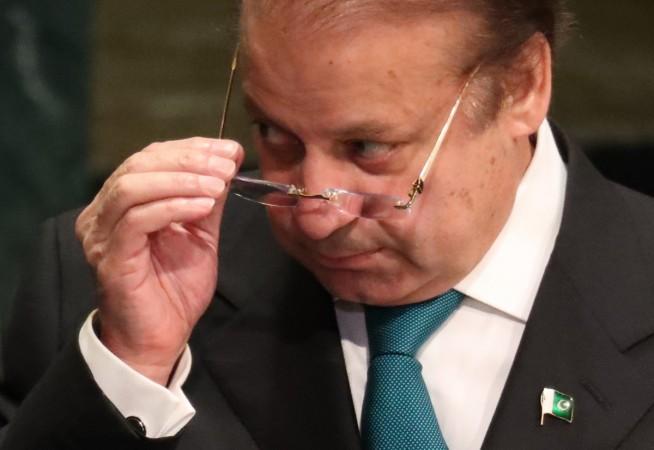
The United Nations Secretary-General, Ban Ki-moon, on Thursday rejected Pakistan's incessant pleas to the UN to resolve the Kashmir issue and said that India and Pakistan should settle their disputes through "dialogue."
The UN chief made the comment to Pakistan Prime Minister Nawaz Sharif after the Pak PM handed over a dossier to Ban containing evidence of alleged human rights violations by Indian forces in Kashmir. Sharif met Ban on the sidelines of the 71st Session of the United Nations General Assembly (UNGA).
"The Secretary-General stressed the need for Pakistan and India to address their outstanding issues, including Kashmir, through dialogue, saying it is in the interest of both countries and the region as a whole," a readout of the UN chief's meeting with Sharif stated.
The Pakistan Mission released a statement saying that Sharif gave a dossier to Ban containing information of alleged atrocities in Kashmir. The statement also said that Sharif also presented pictures of "innocent and defenceless" people in Kashmir.
"The Prime Minister also reiterated the imperative of an independent probe into extra-judicial killings and a UN fact-finding mission to investigate the situation in occupied Kashmir. He emphasised that India must be urged to abide by UN Security Council resolutions on Kashmir," the statement added.
Sharif , last month, had said that Pakistan would "internationalise" the issue of Kashmir and raise the issue at every international forum. Reports state that the Pakistan PM has sent letters to the UN and also to Ban in all his bilateral meetings on the sidelines of the UNGA. Even though the UN has expressed concern to India about the use of security forces in Kashmir, however, Sharif's efforts appear not to be gaining traction at the UN Assembly.
The UN Chief, however, did not mention the Kashmir issue during his last speech as the UN Secretary-General at the UNGA. He, however, mentioned a range of other important issues in the world, including the tensions in the Korean peninsula, the Middle East and the situation in Sri Lanka and Myanmar.














